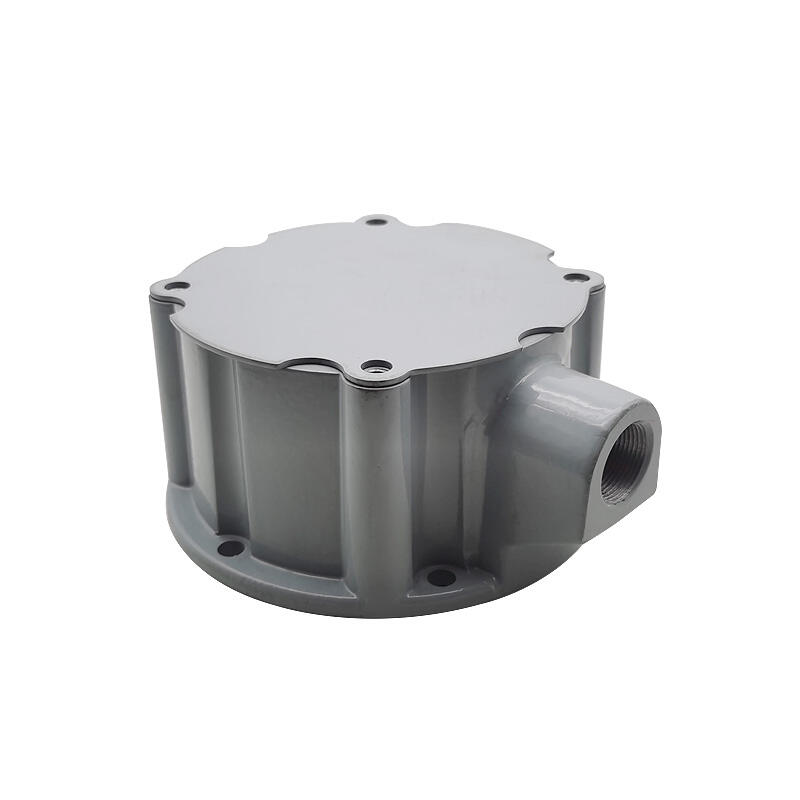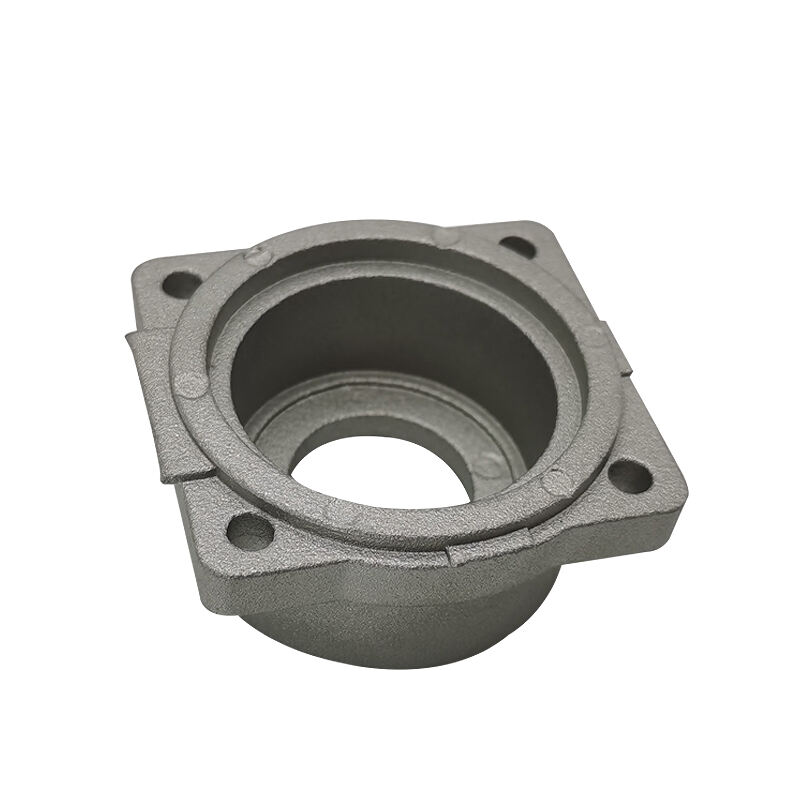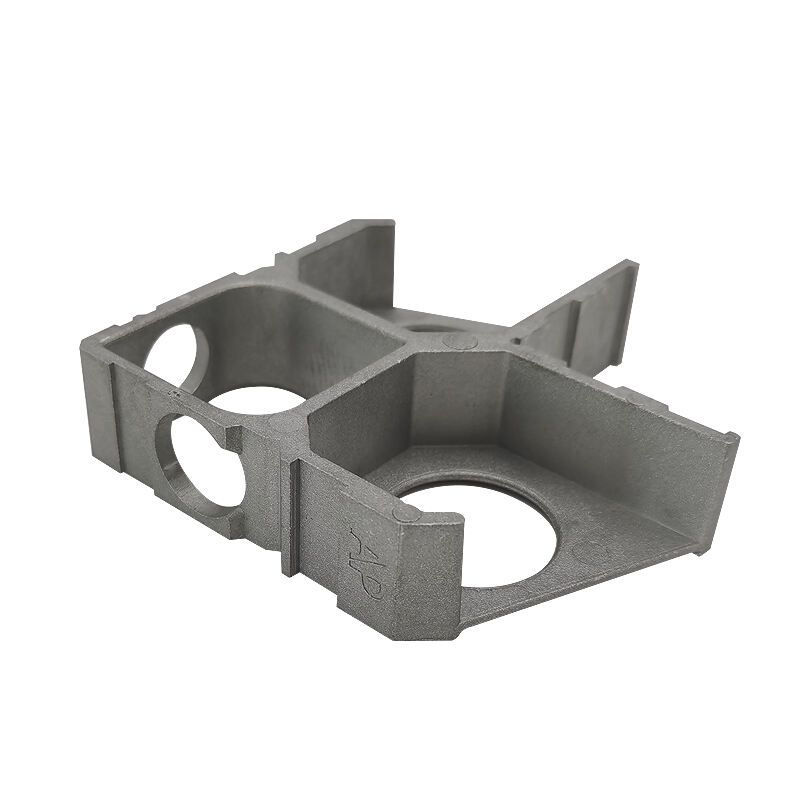aluminium casting process
The aluminium casting process is a sophisticated manufacturing method that transforms molten aluminium into precisely shaped components through various techniques. This versatile process begins with melting high-quality aluminium alloys at temperatures around 750°C before pouring the liquid metal into specially designed molds. The process accommodates both simple and complex geometries, making it ideal for producing components across multiple industries. Different casting methods, including die casting, sand casting, and permanent mold casting, offer varying levels of precision and surface finish. Die casting, the most common method, uses metal dies and high pressure to create detailed parts with excellent dimensional accuracy. Sand casting provides flexibility for larger components, while permanent mold casting balances cost and quality for medium-volume production. The process ensures consistent quality through controlled cooling rates and proper gating systems, minimizing defects like porosity and shrinkage. Modern aluminium casting incorporates advanced simulation software for optimizing mold design and process parameters, resulting in higher yield rates and reduced waste. This manufacturing approach serves industries from automotive and aerospace to consumer electronics and construction, delivering lightweight, durable components with excellent corrosion resistance.


